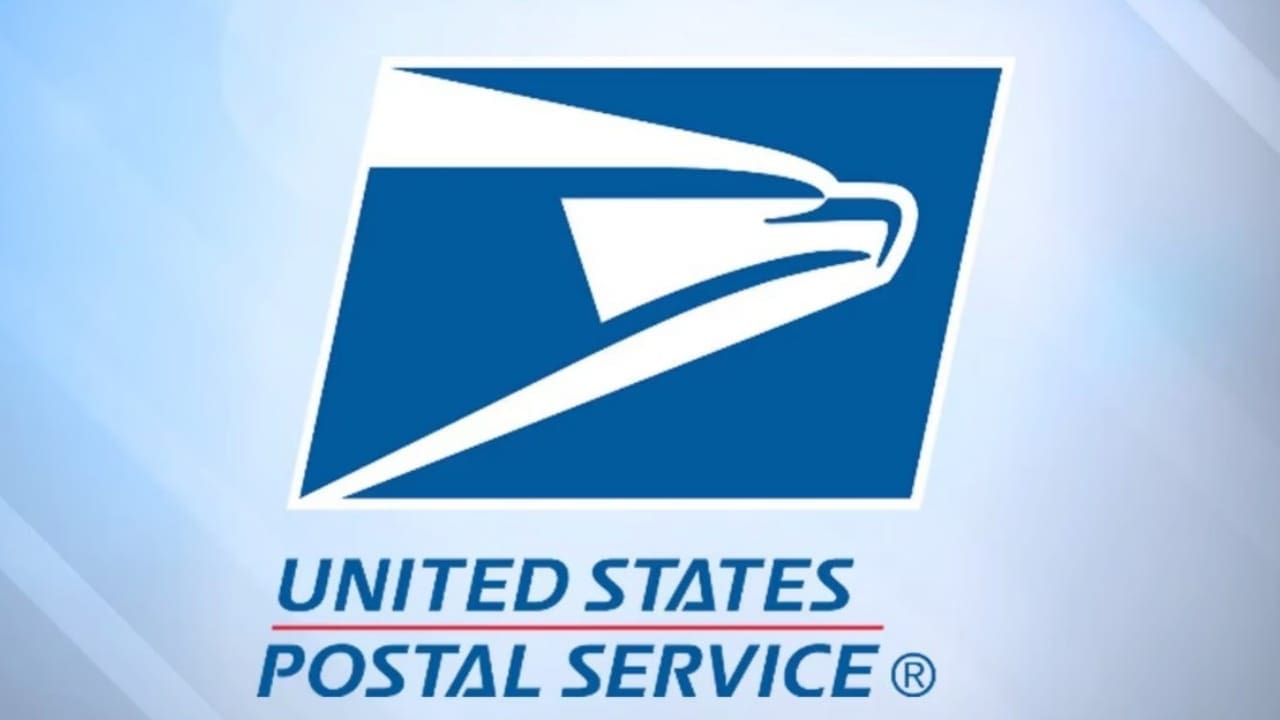Frankly, the bigger issue with the U.S. Postal Service is not price, it’s service.
Federal policymakers need to remember why the Postal Service was established, its purpose and mission. That goes all of the way back to 1787, when the U.S. Constitution gave Congress the power to establish post offices and related transportation. The Postal Service’s mission is to provide the nation with a reliable, affordable, universal system for delivery of printed communications.
The key concept here is “universal.” Even if some federal subsidy is required, delivery must be universal, not just to customers in populated, easy-to-access areas. It must be universal, with a consistent price for consistent service.
Just like the federal government is involved in regulating the airwaves for radio and television, and the interstate highway system for vehicles and the banking system for the transfer of money, the U.S. Postal Service must be universal. It may not have the headline value of universal broadband internet service (another federal mandate), but universal mail delivery service is — and must continue to be — a federal obligation.


Add your first comment to this post